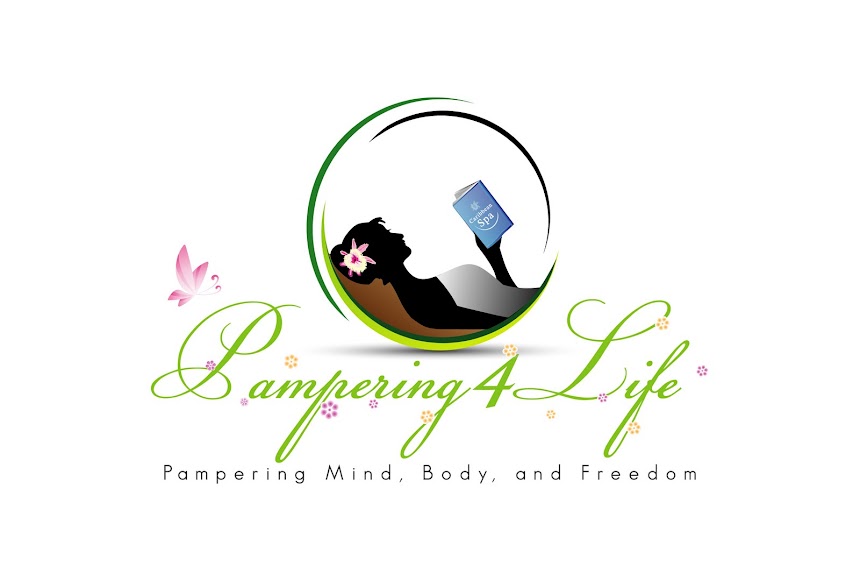Hair loss is a common problem for women, and most will experience some form of it during their life. Normal daily hair loss ranges from 50 to 100 hairs a day. Losing hair in excess of these daily norms may indicate a hair loss problem. Identify the cause and type of hair loss you are experiencing to properly target natural treatments. Though hair loss has a genetic component, you do not have to let your genes get the best of your healthy head of hair. By targeting hair loss with hormonal balance, proper diet, supplementation, and gentle hair care, most women can significantly improve their hair health.
Causes of Hair Loss in Women
Hair loss can be caused by stress, hormonal imbalance, genetics, immune disorder, thyroid disease, nutrient deficiency, cosmetics irritation or allergies, radiation and chemotherapy, blood loss, drugs, surgery and scarring. Whatever the cause, it is important to identify the type of hair loss to properly target attempts to remedy the situation. Temporary hair loss frequently occurs due to stress or natural hair growth cycles. Alopecia aerata and telogen effluvium are two forms of temporary hair loss that can be reversed. Alopecia aerata is characterized by small, round patches of hair loss, accompanied by soreness or itching. Telgen effluvium is hair loss that occurs suddenly, involving large handfuls of hair loss during washing or brushing. Female pattern baldness or androgenic alopecia is caused by hormonal imbalance, specifically too much of the androgen hormone dihydrotestosterone (DHT).
Managing DHT
Dihydrotestosterone (DHT) is an androgen hormone produced from testosterone. DHT is directly implicated in female pattern baldness because it overstimulates hair receptors in hair follicles causing them to shut down. The cause of hormonal imbalance could be birth control pills or other estrogen based drugs, pregnancy, menopause or endocrine disease. Natural substances that block DHT production include saw palmetto, nettle root, pygeum, pumpkin seed oil and fo-ti. Other herbs that may help with hormonal balance include dong quai, ashwaganda, damiana, black cohosh and sage. Many women prefer natural methods to pharmaceutical options for blocking DHT, such as Propecia. Consult with your physician to make an informed choice. DHT-blocking drugs often cause many unwanted side effects and must be taken for long periods of time to sustain results.
Dietary Factors and Deficiency
If your diet is typically high in saturated fat, animal protein, salt and sugar, this can lead to hair loss. Diets low in vitamins and vital nutrients further contribute to hair loss. Deficiencies in iron, zinc, certain amino acids and B vitamins can lead to hair loss. You may be able to significantly improve your hair loss by changing your dietary habits. Make sure to get adequate quality sources of protein, for example lean meats. Every cell in the body needs protein, especially the scalp and hair follicles. A well-balanced diet with ample fruits, vegetables, and iron-rich foods should provide all the nutrients you need for a healthy head of hair. Iron-rich foods include lean red meats, clams, cream of wheat, dried fruit, soybeans and broccoli.
Supplementation for Hair Loss
Many dietary supplements claim to help ward off hair loss. A good multivitamin and mineral supplement will ensure that you are getting optimal nutrition. Consider a B-complex to provide optimal B vitamins that you may not be getting enough of in your daily diet. Omega-3 essential fatty acids are important to hair and scalp health. Take fish or flax seed oil daily for healthy hair growth and shine. Other supplements for hair health include silica, vitamin C and A (beta-carotene), biotin, folic acid and ginko biloba, which increases circulation to the scalp. Hair, skin and nail vitamin products combine several of these supplements together to promote healthy hair growth. Shen Min makes a popular line of these products, offering supplements made especially for women, as well as a DHT-blocking product for extreme hair loss.
* The dark green vegetables
Spinach, broccoli and others, have plenty of vitamins and other nutrients. These nutrients are needed by the body to produce more sebum (the oily substance that acts as a natural hair conditioner). The contribution of iron and calcium in your body reduce hair breakage. Therefore, it is time to include the green leaves in their diet at any cost.
* Seafood
Seafood is also essential for hair growth and maintenance and fish is the best way to get the sulfur and fatty acids needed for healthy hair and skin. Shrimp, mussels and oysters have a huge amount of zinc is necessary for many body functions such as hair growth, cell construction and growth, and so on. and it also strengthens hair follicles and helps in the absorption of other vitamins ..
Poultry
Chicken and turkey are some of the vital suppliers of high quality protein. A thin and brittle hair is revitalized to eat these meats. Protein deficiency can cause loss of color that leaves hair dull and anxious.


No comments:
Post a Comment